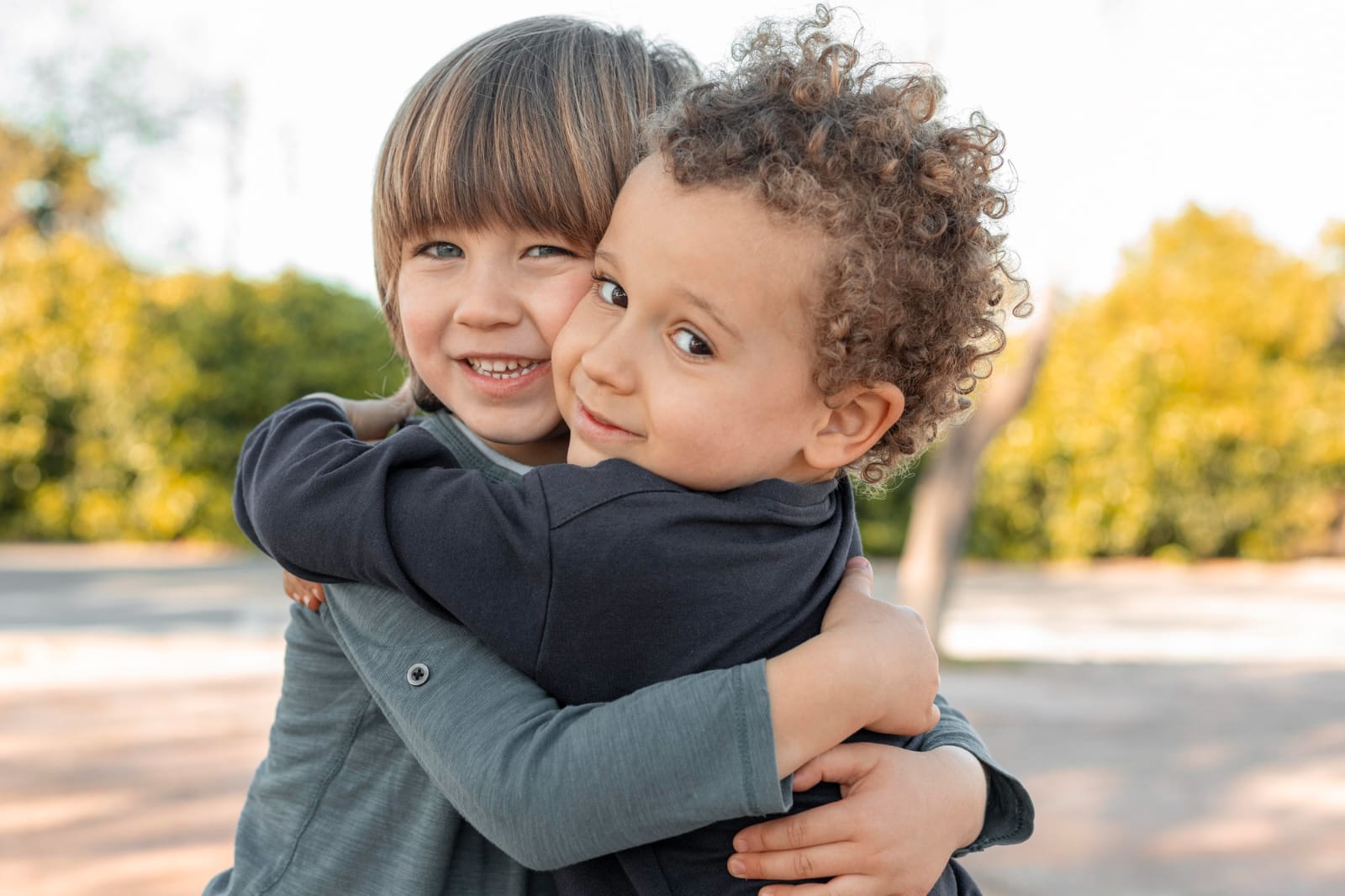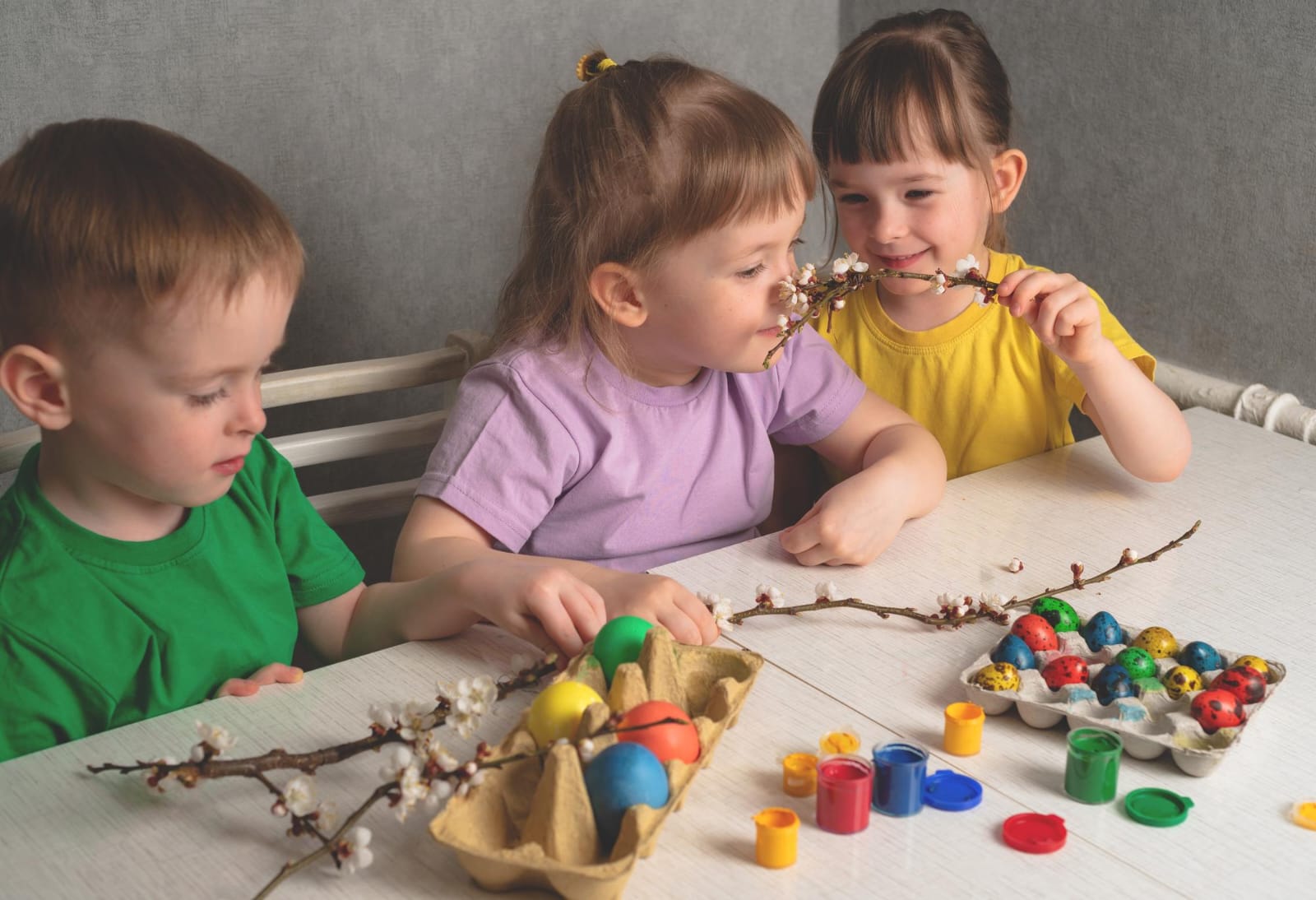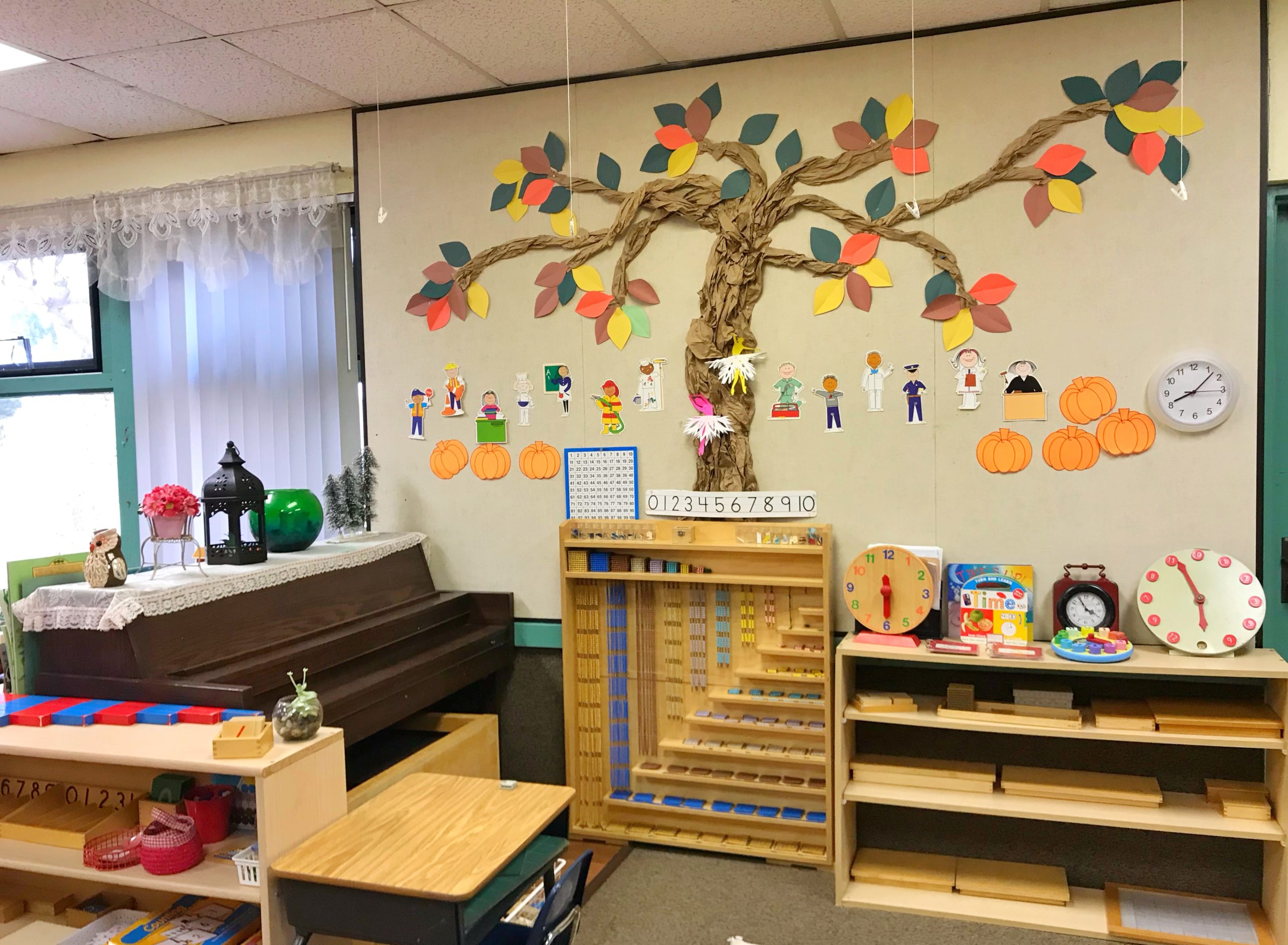
The Montessori method fosters the development of various skills that help children and adolescents become functional and efficient adults in their daily lives. One of the key advantages of this approach is its ability to nurture socioemotional skills within a child’s environment.
As we know, the Montessori method can be applied to any daily situation. Maria Montessori, the educator who developed this approach, believed that children should grow freely to discover their own limits and capabilities. This philosophy led to the creation of specialized schools where traditional grading systems and rigid structures are replaced with more flexible environments. At Central Montessori Schools (CMS), we pride ourselves on our specialized and certified Montessori team, dedicated to helping children thrive and grow into capable adults.
The Link Between Socioemotional Skills and the Montessori Method
Socioemotional skills refer to a person’s ability to understand and manage their emotions, enabling them to form positive relationships and engage socially in meaningful ways. While these skills might seem straightforward, they can be challenging for individuals who struggle with empathy or connecting with others.
This is where the Montessori method becomes a powerful tool, especially from early childhood. It helps children develop communication skills and form personal connections. Experts often refer to these as “soft skills,” as they allow children to connect with their more sensitive and human side.
Because socioemotional skills help children engage with their surroundings, they integrate seamlessly into Montessori activities. Outdoor tasks, for example, are highly recommended to help children connect with their emotions. Many of Maria Montessori’s teaching activities are designed for outdoor settings. For inspiration, visit our blog and check out articles like “How to Engage Children with Nature?”, which offers tips to help your child interact with the natural world.
The freedom inherent in the Montessori method also facilitates the development of socioemotional skills. By fostering empathy naturally, without forcing specific emotions, children develop these abilities more organically. Modern educators even describe these activities as “heart-to-heart strategies,” promoting emotional connection from a young age.
Additional Abilities Fostered by Socioemotional Skills

With the integration of socioemotional skills and the Montessori method, children also develop other important abilities that enhance their daily lives. At CMS, we offer workshops and specialized classes to help children grow into responsible, conscientious, and respectful individuals. Our programs include self-directed activities that promote practical and concrete learning.
Here are some of the key abilities supported by socioemotional skills:
- Collaboration
One of the most significant benefits of socioemotional skills is improved teamwork. The Montessori method encourages self-awareness and constructive criticism while also fostering collaboration. In Montessori classrooms, children communicate effectively with their peers and are not mocked for making mistakes. This supportive environment makes teamwork more natural and enjoyable. - Problem-Solving
Socioemotional skills in a Montessori setting teach children that mistakes are part of the learning process. Through trial and error, children build tolerance for frustration and develop the ability to solve problems. This practice also ties into emotional self-regulation, which is essential for personal growth and can be effectively cultivated through Montessori activities. - Goal Achievement
According to Maria Montessori, a happy adult is the reflection of a happy child. Achieving dreams requires clear objectives and emotional self-regulation. The Montessori method encourages children to make important decisions early on, preparing them for a future where they can confidently pursue their goals. However, this is always done with respect for the child’s autonomy; they are never forced into actions they do not wish to take. Punishments like scolding or shouting are avoided, as they can harm a child’s self-esteem. Instead, parents are encouraged to empathize with their child’s perspective and address situations constructively. For tips on managing tantrums and other challenging moments, check out related articles on our blog.
Conclusion
Socioemotional skills are crucial for positive social interactions. They help children connect with their emotions, develop empathy, and regulate their feelings as they grow older. Combined with the Montessori method, these skills also pave the way for other essential abilities that benefit children in their everyday lives.
At Central Montessori Schools, our trained staff is ready to assist you with any questions and guide you through specialized classes that help your child thrive.




